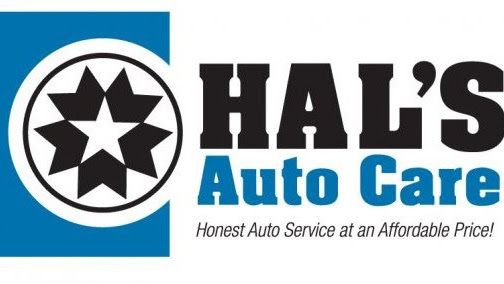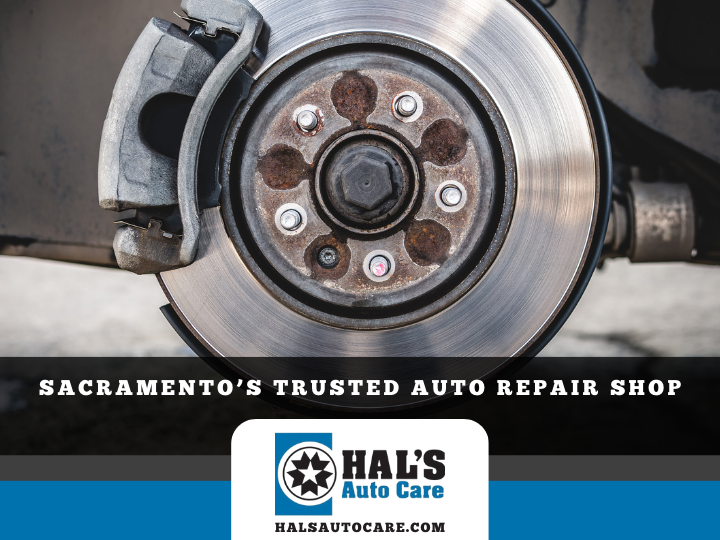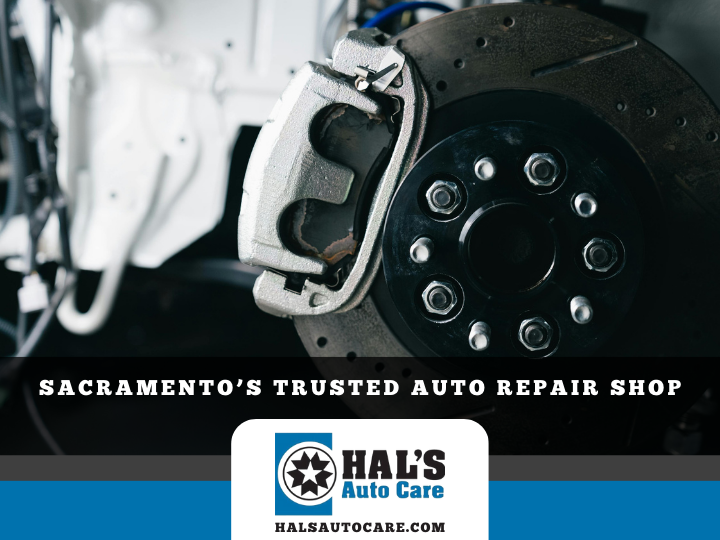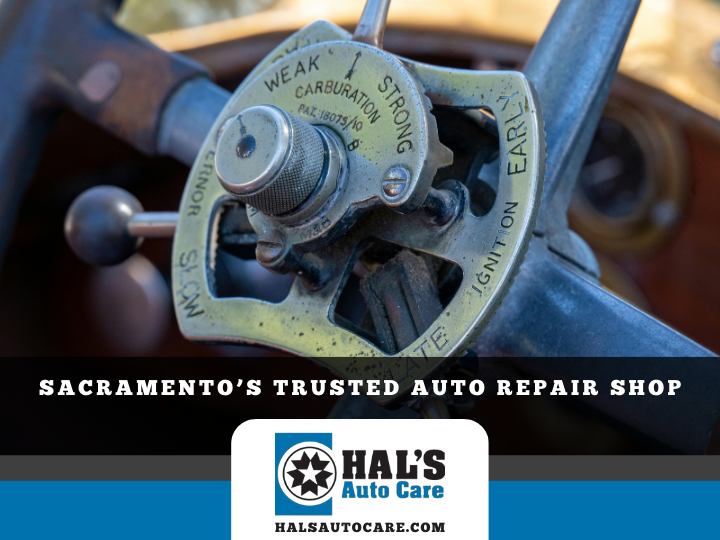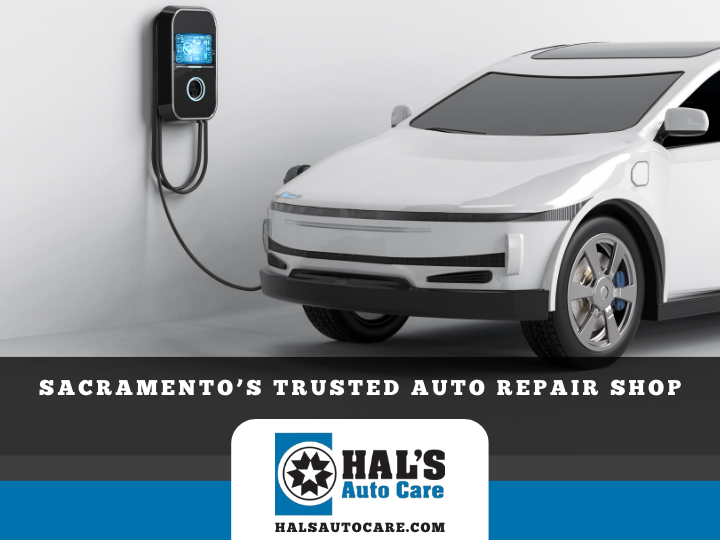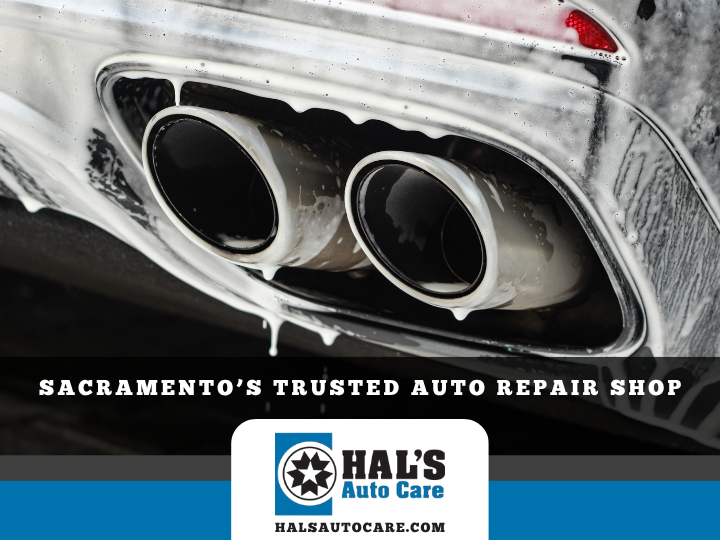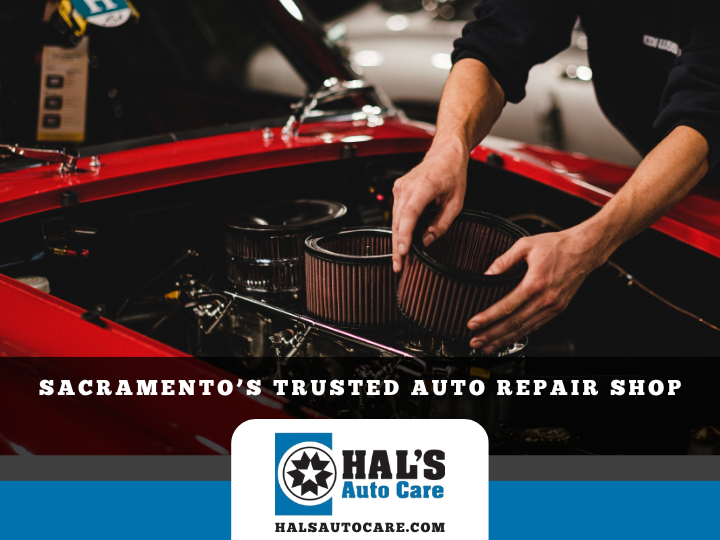WHAT YOU NEED TO KNOW ABOUT GETTING AN OIL CHANGE
As a car owner, you know that regular maintenance is crucial to keep your vehicle running smoothly. One of the most critical parts of this maintenance process is getting an oil change. Your car’s engine needs clean oil to lubricate its moving parts, and a regular oil change helps keep your car running efficiently. We will explain what an oil change is, why it is essential, when to get one, and what to expect during an oil change.
What is an Oil Change?
An oil change is a process where the old oil is drained from the engine, and new fresh oil is added. This oil helps lubricate the engine, cools the engine parts, and removes harmful build-up that may be present. Over time, oil loses its lubricating properties due to exposure to high temperatures, contaminants, and other factors. An oil change ensures that the engine’s internal components are properly lubricated and working well.
Why is an Oil Change Essential?
Oil lubricates the moving parts of the engine. Without it, the engine would quickly wear out, which could be very costly to repair. An oil change also reduces the likelihood of engine damage due to contaminants such as dirt, dust, and metallic particles that can get into the engine and cause damage. Changing the oil regularly ensures that these harmful contaminants are removed.
When to Get an Oil Change
Every car manufacturer specifies the recommended oil change interval. Some recommend every 3,000 miles, while others suggest 7,500 miles. Checking your car owner’s manual or asking your auto repair shop will determine your vehicle’s specific oil change schedule. The age of your car, how you drive your car, and the type of oil you use can also affect the recommended oil change interval. Your mechanic might suggest frequent oil changes if the driving conditions are harsh regarding frequent stop-and-go driving or driving in dusty and sandy areas.
What to Expect During an Oil Change?
When you take your car for an oil change, your mechanic will check the engine oil level and quality. The mechanic will then jack up the car and drain the old oil from the engine. He will also replace the oil filter and add new oil as per your car’s recommended specifications. After the oil is changed, they will start the car and run it to ensure that there are no leaks and that the oil is correctly circulating throughout the engine.
Oil changes are an essential part of car maintenance that is easy to overlook, but they are critical to keep your car running efficiently. The recommended oil change intervals vary depending on the make and model of your car, how you drive the vehicle, and what kind of oil you use. Regular oil changes will keep the engine running smoothly, reduce the likelihood of costly repairs, and extend your car’s lifespan. Contact your nearest auto repair shop to create a preventive maintenance schedule to ensure your engine’s longevity and optimal performance.


